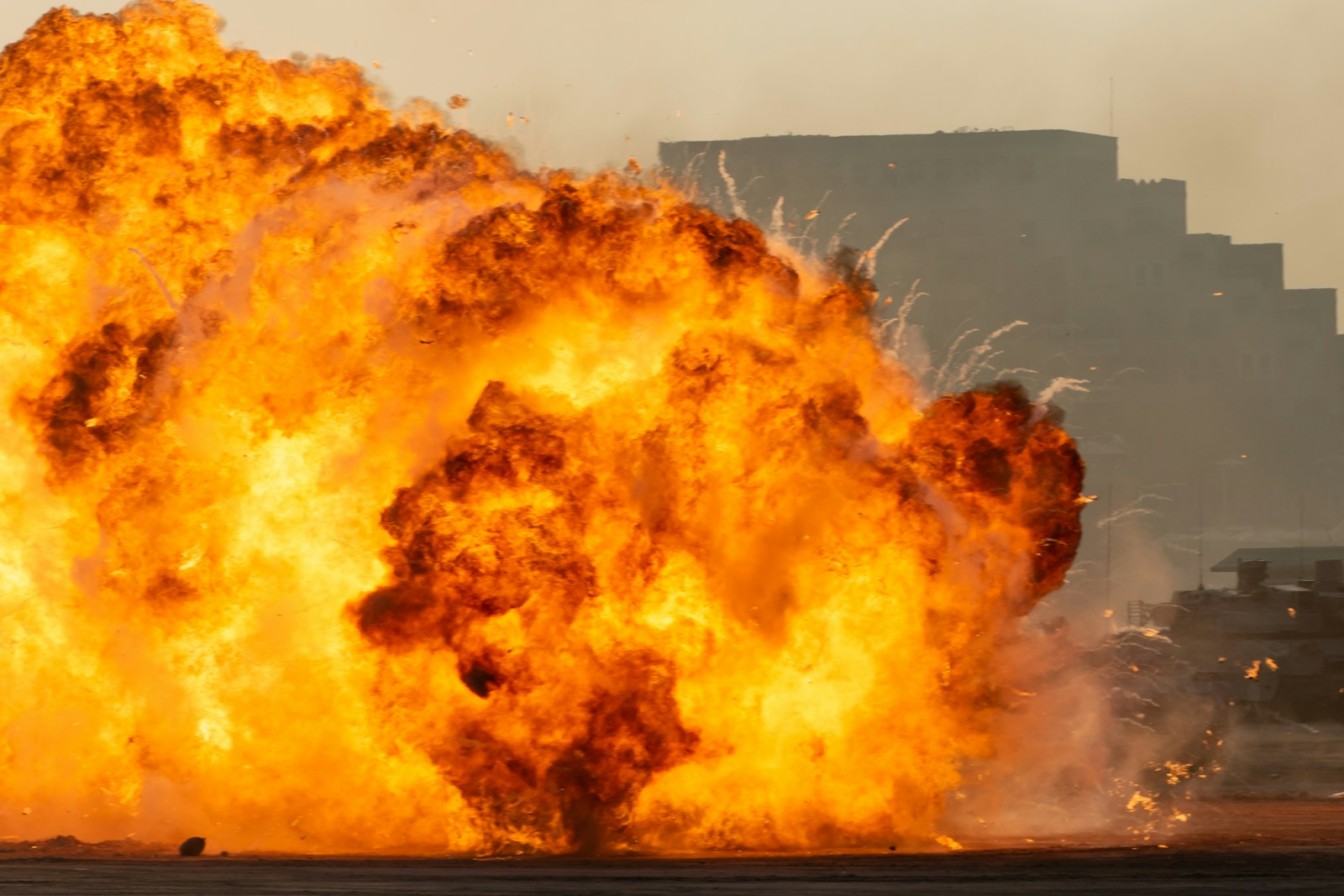
inquiétude

worry
The French word 'inquiétude' is used in the same context as 'worry' in English. It is often used to express concern or anxiety about something. Like 'worry', 'inquiétude' can be used either as a noun or as a verb (s'inquiéter) depending on the context.
Example sentences using: inquiétude
L'inquiétude est palpable dans la salle.

The worry is palpable in the room.
This phrase describes a situation where the level of worry or anxiety in the room is so high that it can literally be 'felt'.
Son visage était marqué par l'inquiétude.

His face was marked by worry.
This phrase illustrates how emotions can physically manifest themselves on a person's face. Here, the character's worry is apparent in their facial expression.
L'inquiétude se lisait dans ses yeux.

The worry could be read in his eyes.
This is another way of describing how feelings can be perceived through physical cues. The phrase suggests that the person's eyes betrayed their inner worry or fear.
Une vague d'inquiétude s'est abattue sur moi.

A wave of worry came over me.
This statement uses a metaphor to describe a sudden and overwhelming feeling of worry, as if it were a physical 'wave' crashing down.
Votre inquiétude est tout à fait compréhensible.

Your worry is entirely understandable.
In this phrase, the speaker is acknowledging and validating the worry of the person they are speaking to, implying that it is justified given the circumstances.
Elle a exprimé son inquiétude à son professeur.

She expressed her worry to her teacher.
This sentence describes a scenario where someone shares their worries or concerns with another person, a teacher in this case.
J'ai une certaine inquiétude à propos de cela.

I have certain worries about this.
Here, the speaker is admitting that they have some doubts or fears regarding a particular matter.
L'inquiétude grandit avec chaque minute qui passe.

The worry grows with each passing minute.
This phrase conveys the feeling of escalating tension or worry as time progresses.
L'inquiétude règne dans la ville suite à l'accident.

Worry dominates the town following the accident.
This expresses the pervasive feeling of worry within a community after a distressing event.
Mon inquiétude ne fait qu'augmenter avec le temps.

My worry only increases over time.
In this sentence, the speaker is expressing that their worry or uncertainty is not abating, but becoming stronger the more time passes.